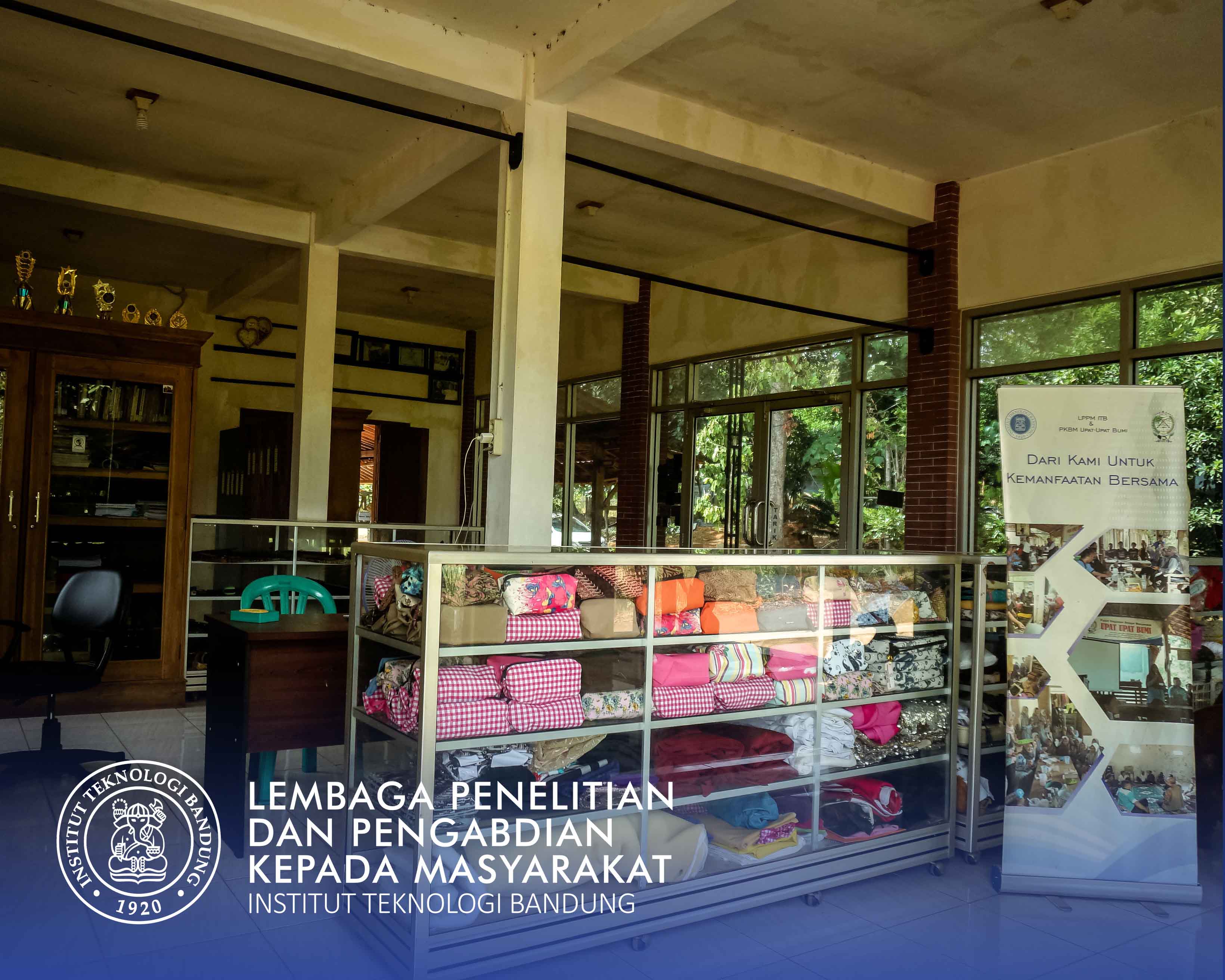

Dian Rosleine
Global climate change has had an impact on the environmental balance in Indonesia, such as the increasing vulnerability of the north coast of Java to land subsidence disasters, tidal floods and land flooding, as well as loss of biodiversity in the mangrove ecosystem. The existence of the mangrove area in Ujungpangkah, Gresik Regency is an important part of the northern coastal area of East Java which is not only a habitat for mangrove vegetation and animal species but is an important buffer area from the threat of ecohydrological disasters. The importance of the area is strengthened by its designation as an Essential Ecological Area (KEE) and Important Bird Area (Important Bird Area) due to the presence of at least 40 species of birds, including the Australian Pelican (Pelecanus conspicillatus) as key species of migratory birds that visit the area. However, the facts show that ecological sustainability is threatened by pond fishing activities that are not yet environmentally friendly. Unsustainable use of mangrove forests, especially land conversion into ponds, triggers an ecological imbalance. As a result, local communities face the challenge of ecological and economic disasters which will result in a drastic reduction in pond production. This requires more integrated planning for sustainable use of mangrove ecosystems.
Considering the potential for problems that have a broad impact and are urgent to be solved, serious efforts are required in the context of mitigation, adaptation and disaster management through community service programs. This activity is carried out using a landscape-based approach in mitigation, adaptation and disaster management efforts. It is hoped that this can be an alternative in rehabilitating and improving the KEE of the Ujungpangkah mangrove, thereby making a significant contribution to ecological sustainability and community welfare. Activities are planned in a multiyears scheme for two years with the main activities being socialization of KEE landscape planning, dissemination of knowledge on mangrove conservation using the boardgame “Birds, Blocks, and Biotopes” ,as well as the implementation of landscape planning.
Through this activity, it is hoped that it can increase the knowledge and capacity of local communities and stakeholders in Essential Ecosystem Areas (KEE), so that they can increase awareness of the importance of preserving coastal landscapes. The involvement of lecturers and MBKM undergraduate and postgraduate students across faculties/schools makes this activity an important collaboration space in realizing the wider benefits of science and knowledge. Apart from that, the use of the boardgame game model can be easily and has great potential to be continued, developed and replicated by the community.
increasing knowledge and capacity of local communities and stakeholders in Essential Ecosystem Areas (EEC)
Provide insight and knowledge about the importance of mangroves and sustainable management